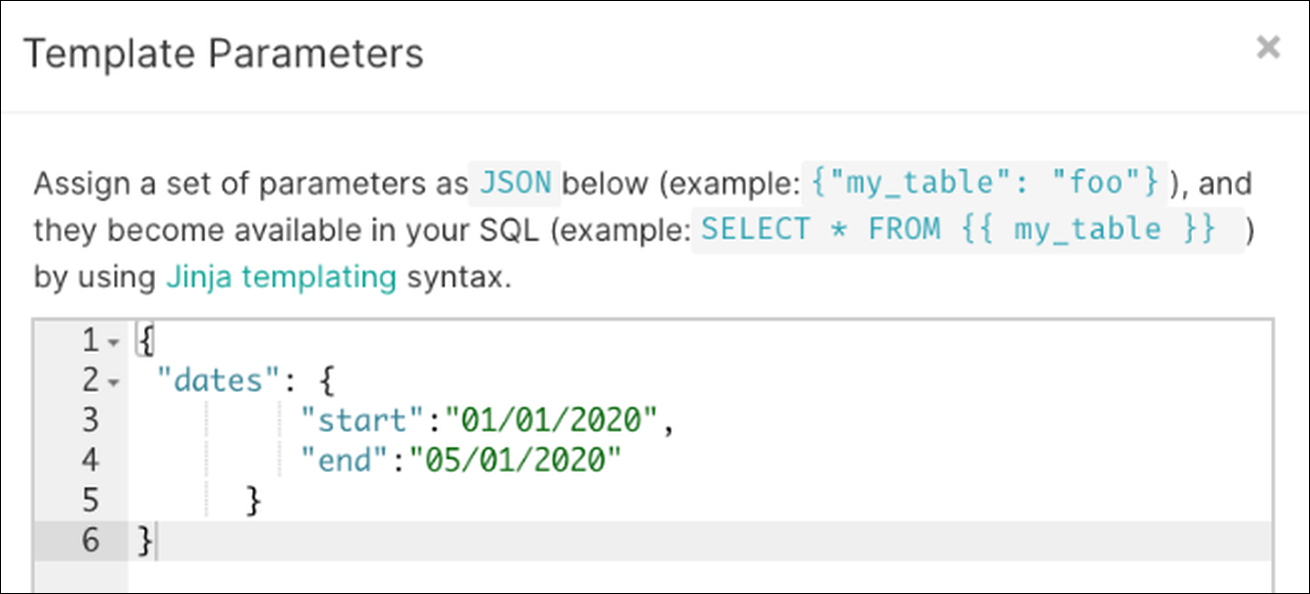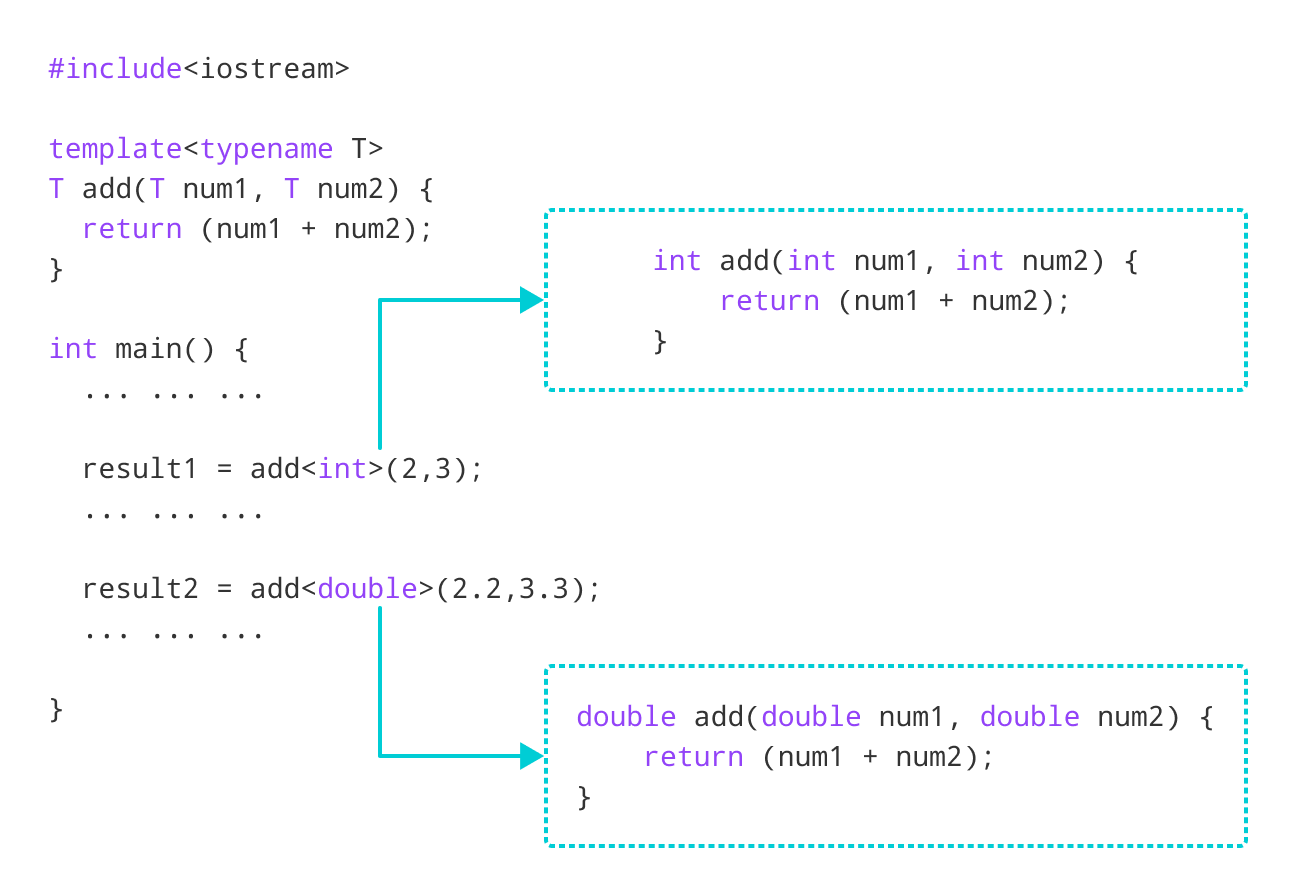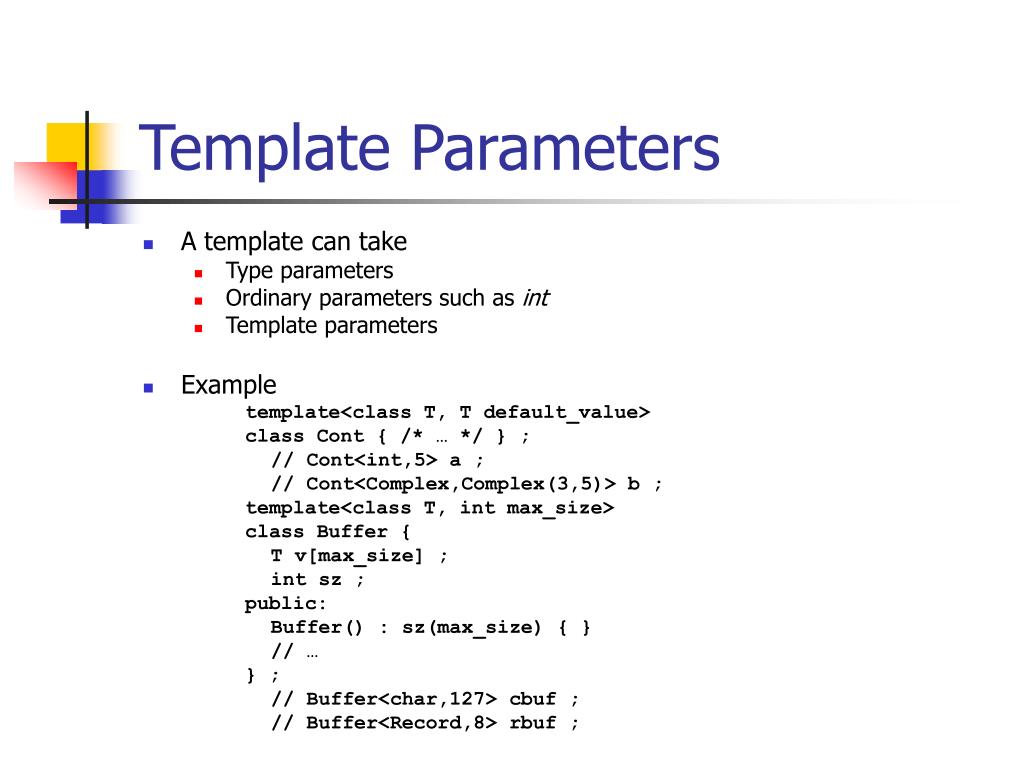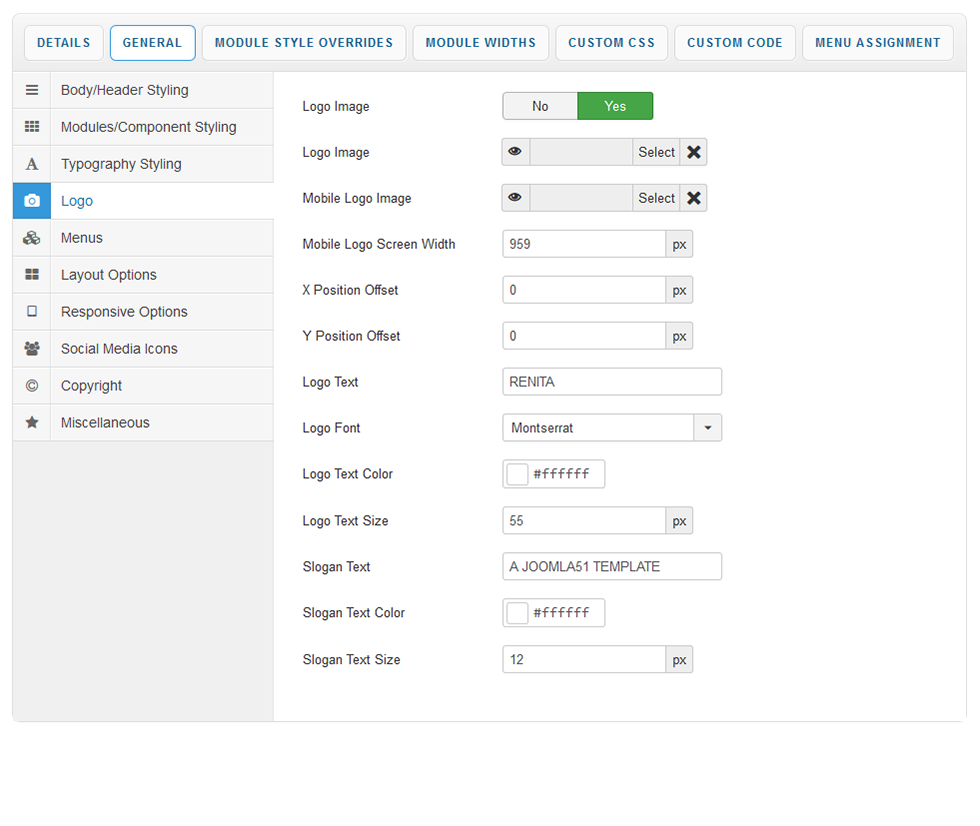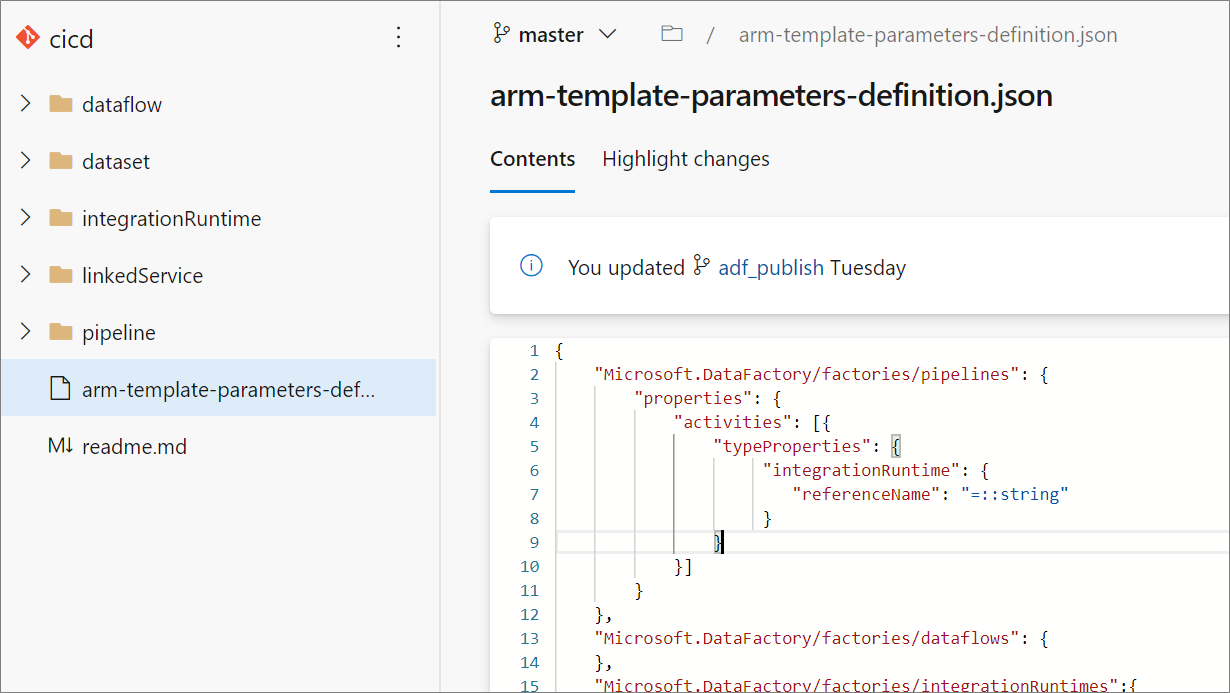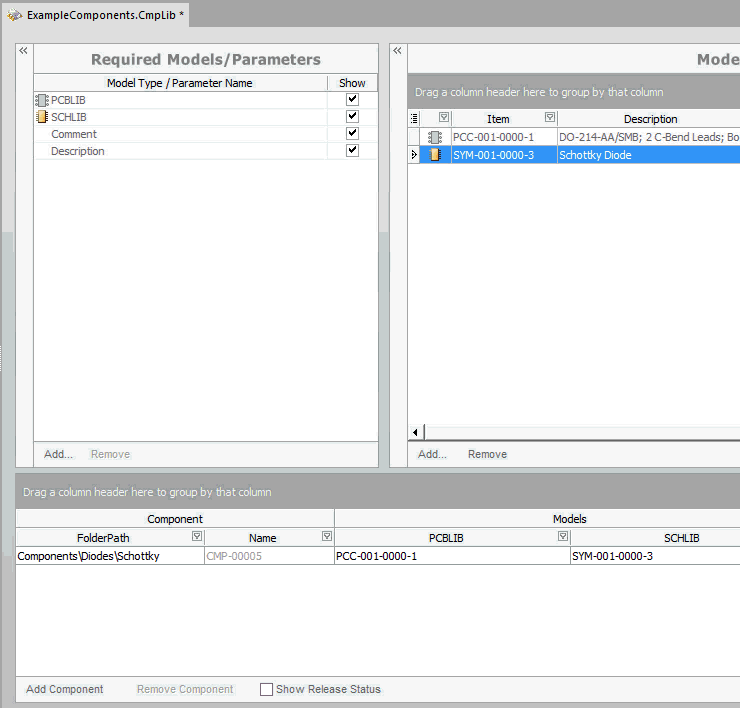Template Template Parameter
Template Template Parameter - Template <<strong>template</strong> <typename, typename.> class c, typename t, typename.ts> struct first_param<c<t, ts.>> { using type = t; For pre c++11, you have to handle number of parameters until acceptable values: See examples, syntax, and limitations of template instantiation. Web you can create a traits to extract those parameter: Web the string template component allows you to process a message using a string template. This can be ideal when using templating to generate responses for requests. Template arguments are used to instantiate the template and can be explicit, deduced, or defaulted. The second parameter, cont, must be a class template taking one parameter. The container adaptors std::stack, std::queue, and std::priority_queue use, per default, a std::deque to hold their arguments, but you can use a different container. See examples of default, optional, and pack parameters, and how to match template arguments with template parameters. See examples of default, optional, and pack parameters, and how to match template arguments with template parameters. Web the string template component allows you to process a message using a string template. Web learn how to use template argument deduction to infer the template parameters from the function arguments or the class template name. Stack is a class template with two template parameters. Web learn how to write function templates that can accept parameters of different types, such as int and double, using two or more template parameters. What other uses does this technique have? Web learn how to use templates to create functions and classes that can work with different data types. Web template template parameters are just like normal template type parameters, except that they match templates instead of concrete types: Web function pointers can be passed as template parameters, and this is part of standard c++. Web learn how to use templates and template parameters in c++ to define generic types and functions. Web learn how to use template argument deduction to infer the template parameters from the function arguments or the class template name. In this case, they are called template parameters. Web learn how to declare and use template parameters and template arguments in c++. Web learn how to use templates to create functions and classes that can work with different data types. The container adaptors std::stack, std::queue, and std::priority_queue use, per default, a std::deque to hold their arguments, but you can use a different container. // simple template class template class foo { type m_member; Web learn how to use templates and template parameters in c++ to define generic types and functions. See syntax, examples, constraints, and related topics. This can be ideal when using templating to generate responses for requests. Maven users will need to add the following dependency to their pom.xml for this component: The most flexible is the last version, except rather than a metafunction that extracts template arguments, you would declare a get_bar_parameter function, and define a partial specialization that extracts the template parameter from a foo (or a t).</p> Web you can create a traits to extract those parameter: Web template <<strong>typename</strong> t, template class cont>. Maven users will need to. Web learn how to use templates and template parameters in c++ to define generic types and functions. The most flexible is the last version, except rather than a metafunction that extracts template arguments, you would declare a get_bar_parameter function, and define a partial specialization that extracts the template parameter from a foo (or a t).</p> Maven users will need to. Web using x = get_parameter<<strong>t</strong>>; This can be ideal when using templating to generate responses for requests. Web templates can be template parameters. The most flexible is the last version, except rather than a metafunction that extracts template arguments, you would declare a get_bar_parameter function, and define a partial specialization that extracts the template parameter from a foo (or a. Web learn how to use template template parameters to simplify template classes and avoid repeating template parameters. See examples, explanations, and tips for using auto return type and partial ordering of. At template instantiation one passes the address of the function rather than just the name. The container adaptors std::stack, std::queue, and std::priority_queue use, per default, a std::deque to hold. Web learn how to use templates in c++ to create generic code that works for different types. See examples, explanations, and tips for using auto return type and partial ordering of. See examples, syntax, rules, and constraints for c++11 and later standards. Web learn how to declare and use template parameters and template arguments in c++. Web function pointers can. Template <<strong>template</strong> <typename, typename.> class c, typename t, typename.ts> struct first_param<c<t, ts.>> { using type = t; // template template class template <<strong>template</strong> class templatetype> class bar { templatetype.</p> The most flexible is the last version, except rather than a metafunction that extracts template arguments, you would declare a get_bar_parameter function, and define a partial specialization that extracts the template. Web learn how to use template template parameters to simplify template classes and avoid repeating template parameters. Web template <<strong>typename</strong> t, template class cont>. Template <<strong>template</strong> <typename, typename.> class c, typename t, typename.ts> struct first_param<c<t, ts.>> { using type = t; What other uses does this technique have? Maven users will need to add the following dependency to their pom.xml. Web learn how to use templates and template parameters in c++ to define generic types and functions. The most flexible is the last version, except rather than a metafunction that extracts template arguments, you would declare a get_bar_parameter function, and define a partial specialization that extracts the template parameter from a foo (or a t).</p> See examples, syntax, rules, and. Web learn how to use templates and template parameters in c++ to define generic types and functions. See examples, syntax, and limitations of template instantiation. Web using x = get_parameter<<strong>t</strong>>; At template instantiation one passes the address of the function rather than just the name. Web learn how to write function templates that can accept parameters of different types, such. In this case, they are called template parameters. Web learn how to use templates and template parameters in c++ to define generic types and functions. Web template <<strong>typename</strong> t, template class cont>. Web learn how to use templates to create functions and classes that can work with different data types. What other uses does this technique have? Web learn how to define and use function templates in c++, which are a way to create a family of functions with different parameter types. Web template template parameters are just like normal template type parameters, except that they match templates instead of concrete types: Web if solely considering this, there are two logical approaches: See examples, explanations, and tips for using auto return type and partial ordering of. See examples, syntax, and limitations of template instantiation. Web using x = get_parameter<t>; The container adaptors std::stack, std::queue, and std::priority_queue use, per default, a std::deque to hold their arguments, but you can use a different container. For pre c++11, you have to handle number of parameters until acceptable values: This can be ideal when using templating to generate responses for requests. Web learn how to declare and use template parameters and template arguments in c++. Web the string template component allows you to process a message using a string template. Web learn how to use template template parameters to simplify template classes and avoid repeating template parameters. Web learn how to use templates in c++ to write generic functions and classes that can work for different data types. // template template class template <<strong>template</strong> class templatetype> class bar { templatetype.</p> In this case, they are called template parameters. Web you can create a traits to extract those parameter:C++ How to declare template template parameter YouTube
C++ Use Current Template as a Template Parameter to one of the
Using Template Parameters in SQL Lab
Template Template Parameter
C++ Template Optional Parameter
PPT Templates in C++ PowerPoint Presentation, free download ID4797454
Template Template Parameter
Free Parameter Sheet Templates For Google Sheets And Microsoft Excel
Template Template Parameter
Parameter List Templates Online Documentation for Altium Products
See Syntax, Examples, Constraints, And Related Topics.
Web Learn How To Use Templates In C++ To Create Generic Code That Works For Different Types.
Maven Users Will Need To Add The Following Dependency To Their Pom.xml For This Component:
Web Templates Can Be Template Parameters.
Related Post:


